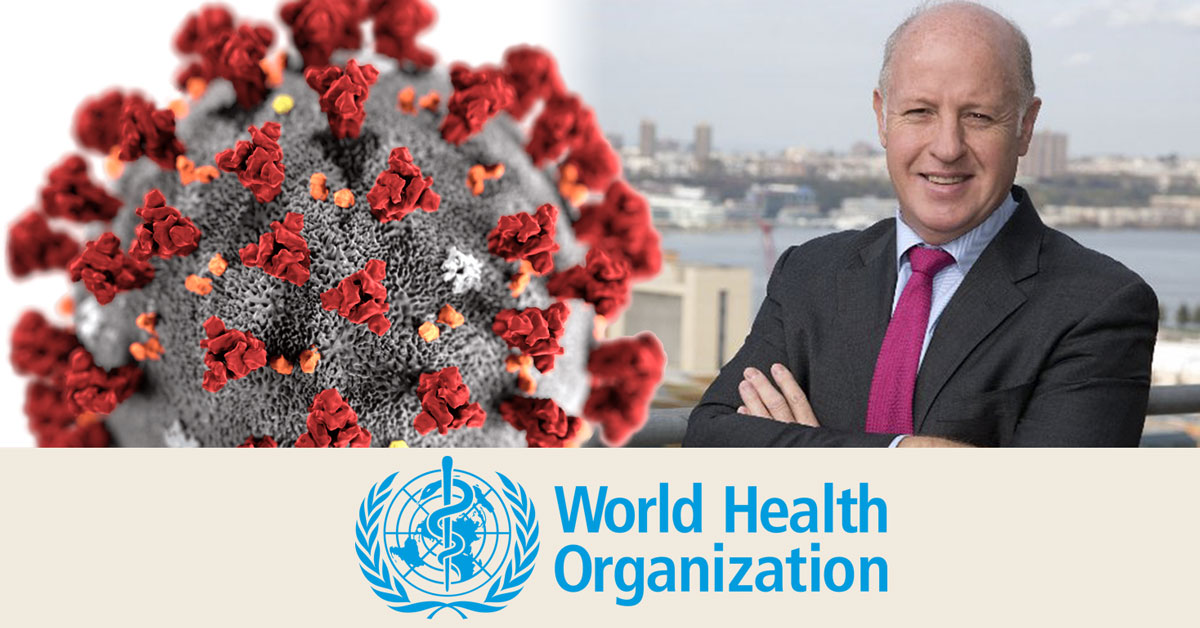
Newly announced teams of investigators are conflicted, biased and/or China-approved. Jonathan Matthews reports
Those looking for a credible independent investigation into the origins of the current pandemic, including whether the virus leaked from a lab, have expressed dismay at the WHO and the Lancet Commission’s announcements of their teams of investigators and the WHO investigation’s terms of reference.
Rigorous transparent investigation vital
It’s widely accepted that understanding the origins of the current pandemic is critical to preventing future outbreaks. That’s why the Washington Post recently ran an editorial headlined The coronavirus’s origins are still a mystery. We need a full investigation.
Though the Post’s Editorial Board say SARS-CoV-2 “most likely” leapt from animals to humans, they make clear that the possibility it originated in a lab cannot be ruled out: “Beyond the blame game, there are troubling questions in China that must be examined, including whether the coronavirus was inadvertently spread in an accident or spill from the Wuhan Institute of Virology, which had previously carried out research on bat coronaviruses.”
The Washington Post notes that the Lancet Commission has stated that identifying the origins of the pandemic, including possible laboratory involvement, is one of its primary goals. And the Post called on the international scientists conducting the World Health Organization’s Global Study of the Origins of the virus to “push hard for a rigorous and penetrating investigation, including the possibility of a laboratory accident”.
The editorial in many ways reflects the stance of the highly respected Stanford University microbiologist David A. Relman, whose recent article in the Proceedings of the National Academy of Sciences is cited in the Washington Post editorial. Relman says SARS-CoV-2 could have been accidentally released while being studied or deliberately engineered in a lab and that it is critical that the investigative process into its origins “should be transparent” and conflicts of interest on all sides should be “revealed and addressed”.
But neither the WHO or the Lancet Commission investigations show signs of meeting these critical requirements.
Beijing gets the whip hand
The recently released terms of reference for the WHO’s investigation, which the WHO negotiated with Beijing, do not include any research into the Wuhan Institute of Virology (WIV), as The Sunday Times reported under the headline Beijing gets whip hand in WHO’s Covid inquiry — and hopes of answers vanish (an archived version of this paywalled article can be found here).
“China gets to call the shots,” the Sunday Times was told by Lawrence Gostin, a professor of global health law at Georgetown University in Washington, whose department provides the WHO with technical assistance. “That’s how the Chinese operate.”
The Sunday Times notes that China’s track record during the pandemic includes silencing Chinese researchers and doctors and ordering the destruction of laboratory samples. Indeed, there have been new reports just this week from within China of doctors who responded to the virus in the early stage of the Wuhan outbreak being warned “they could be punished for espionage if they revealed what went on” during that time period.
The Financial Times also reports that ahead of the WHO investigation, “Chinese state media are marshalling fringe theories to argue that the coronavirus pandemic began outside China.” And Yanzhong Huang, a senior fellow for public health at the Council for Foreign Relations in New York, told the FT that details of the plan for the WHO’s investigation reflect China’s official position that the source of the pandemic could well not be in Wuhan at all.
Tellingly, the WHO’s terms of reference do not even mention a possible laboratory origin. And it even appears that the WHO’s team of international scientists will not be allowed to conduct their own independent investigation. They will only be able to review and discuss the findings of a team of Chinese researchers selected by China, who the non-Chinese experts will initially be able to confer with only by video link and email.
Conflicted, biased and/or China-approved experts
To add to the dismay, Michael Ryan, executive director of the WHO Health Emergencies Programme, is reported as saying that even the WHO’s ten-person research team of international epidemiologists, virologists, and public health experts was finalised in consultation with Beijing.
The Beijing-approved team includes Peter Daszak, the controversial President of EcoHealth Alliance, which is a long-time funder of the WIV‘s coronavirus research. Daszak was also recently revealed to have drafted the Lancet letter that set the tone early on by dismissing the possibility that the pandemic had a lab origin as “conspiracy theories”.
Daszak is already leading the Lancet Commission Task Force that is also investigating the virus’s origins. And it turns out that half of the newly announced members of that Task Force signed on to Daszak’s “conspiracy theories” letter in The Lancet, suggesting they may have already prejudged the issue they will be looking into. In addition, even a cursory check throws up multiple other conflicts of interest among the twelve Task Force members, including direct links to EcoHealth Alliance and the WIV.
As a result, the Broad Institute’s Alina Chan says she regards both the WHO and Lancet Commission’s origins investigations as lacking credibility, because their teams have either been pre-approved by China and/or have members with clear conflicts of interest or previously publicised biases.
And certainly, while there is no reason to doubt the integrity and good intentions of some of the experts involved, their freedom to conduct the kind of transparent, far-reaching and forensic investigation required appears to have been deliberately constrained.
Image of coronavirus is public domain and is by CDC/Alissa Eckert, MSMI; Dan Higgins, MAMS
https://phil.cdc.gov/details.aspx?pid=23312